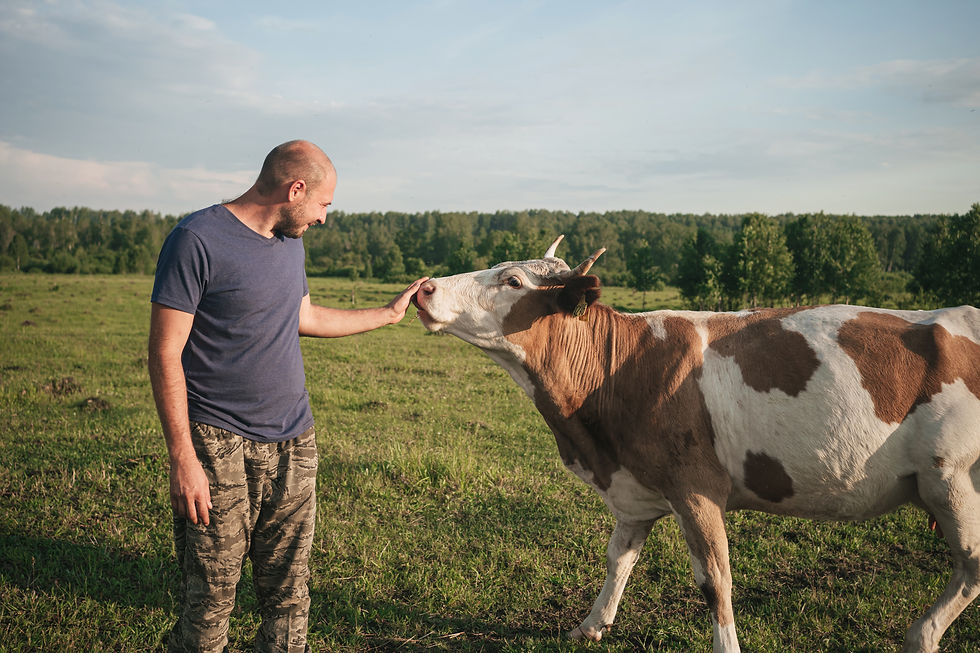Livestock lease (“Bail à chaptel”) pursuant to French law
- Office
- Mar 7, 2023
- 2 min read
What is a livestock lease (“bail à chaptel”) pursuant to French law?
Livestock lease (“bail à chaptel”) is a contract by which one party leases to another livestock, composed of animals likely to grow or profit, to keep, feed and care for it, pursuant to conditions agreed between them.
French parity courts for rural leases (“tribunaux paritaires des beaux ruraux”) have jurisdiction to judge disputes related to this practice.
What different types of livestock leases are envisaged by French law?
- A simple livestock lease, for example, is a lease in which the lessor hands over the livestock to the lessee, who receives half of the animals born in the herd and half of the wool, and also bears half of the losses. The lessee has full rights to the milk, manure and labour of the animals. The duration of the livestock lease is generally three years, unless otherwise agreed.
Articles 1806 to 1811 of the French Civil Code govern the lessee's liability for loss.
- The half livestock (“chaptel à moitié”) is another type of livestock lease in which each party provides half of the livestock. These animals remain in common for profit or loss. The lessee is the sole beneficiary of the milk, manure and labour of the animals, while the lessor is entitled to only half of the wool and growth.
- A livestock lease (“bail à chaptel”) accessory to a rural lease is also a form of livestock lease. In this case, the lessor entrusts the farmer with a herd of which all the profit (wool, growth and milk) belongs to the farmer; the manure must be used in the operation of the farm. The lessor must leave the same stock of livestock as he received and must bear all losses due to fortuitous events. The parties may also agree that the livestock contract will run concurrently with the sharecropping contract that surrounds it, making the livestock lease an accessory to the sharecropping lease.
It should also be noted that there is a contract improperly referred to as a livestock contract, which is more akin to an animal boarding contract. Where the lessor gives away one or more cows to be housed and fed, the lessor retains ownership of the animals and is only entitled to the profits of the calves born.
Return of the livestock on termination of the lease
Since the lessor remains the owner of the herd, the livestock returned to the lessor on termination of the lease must be the same as that which was turned over to the lessee, particularly as regards the number, breed, age, weight and quality of the animals. The surplus is shared.
In the case of the so-called "livestock" contract, when the boarding concerns individual animals, these must be returned after a period, generally short, fixed by the contract.
French law governing livestock lease:
- Rural Code, art. L. 421-1 s.
- Rural Code art. L. 491-1.
- Civil Code, art. 1800 to 1831.
Main decisions of French courts:
- Civ. 3e, May 24, 2000, No. 98-20.148
- Civ. 3e, Apr. 28, 1971, Bull. civ. III, n° 261
- Crim. 21 Oct. 1932
- Crim. May 11, 1901





Comments